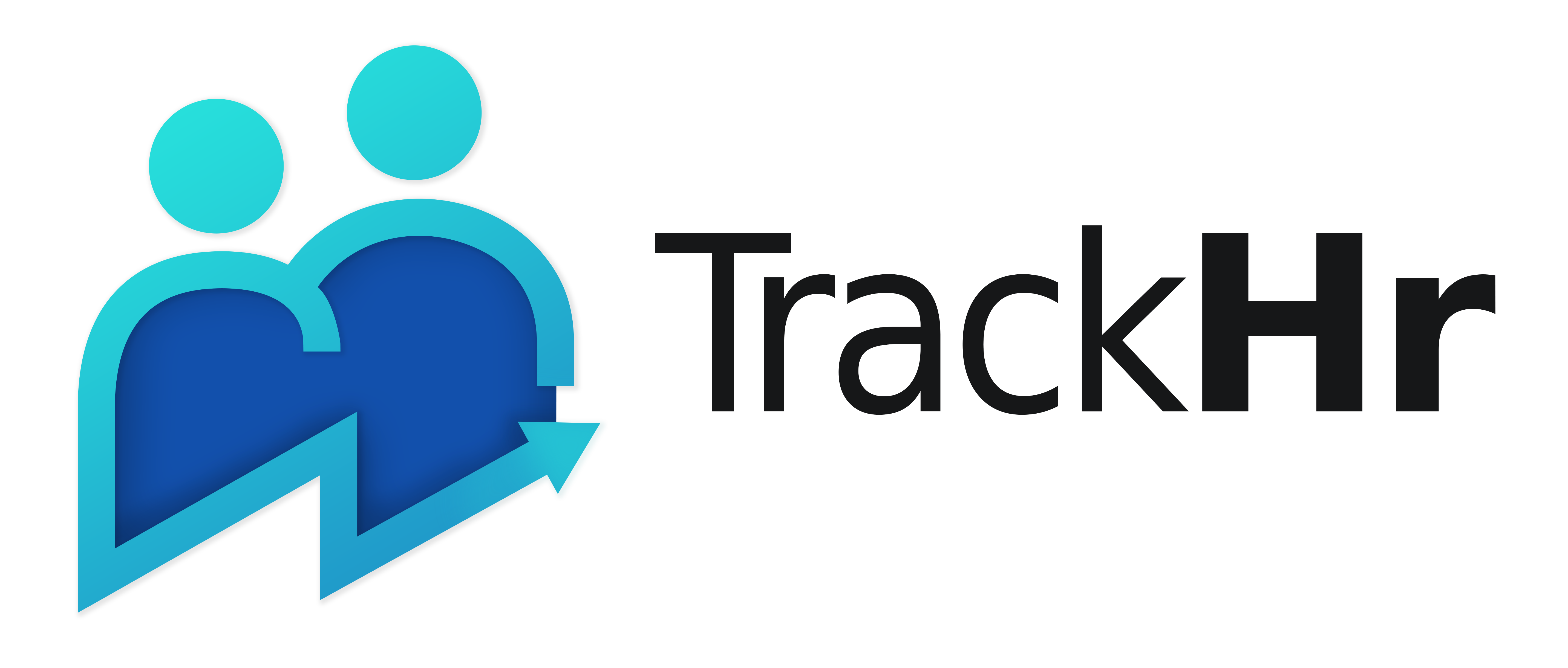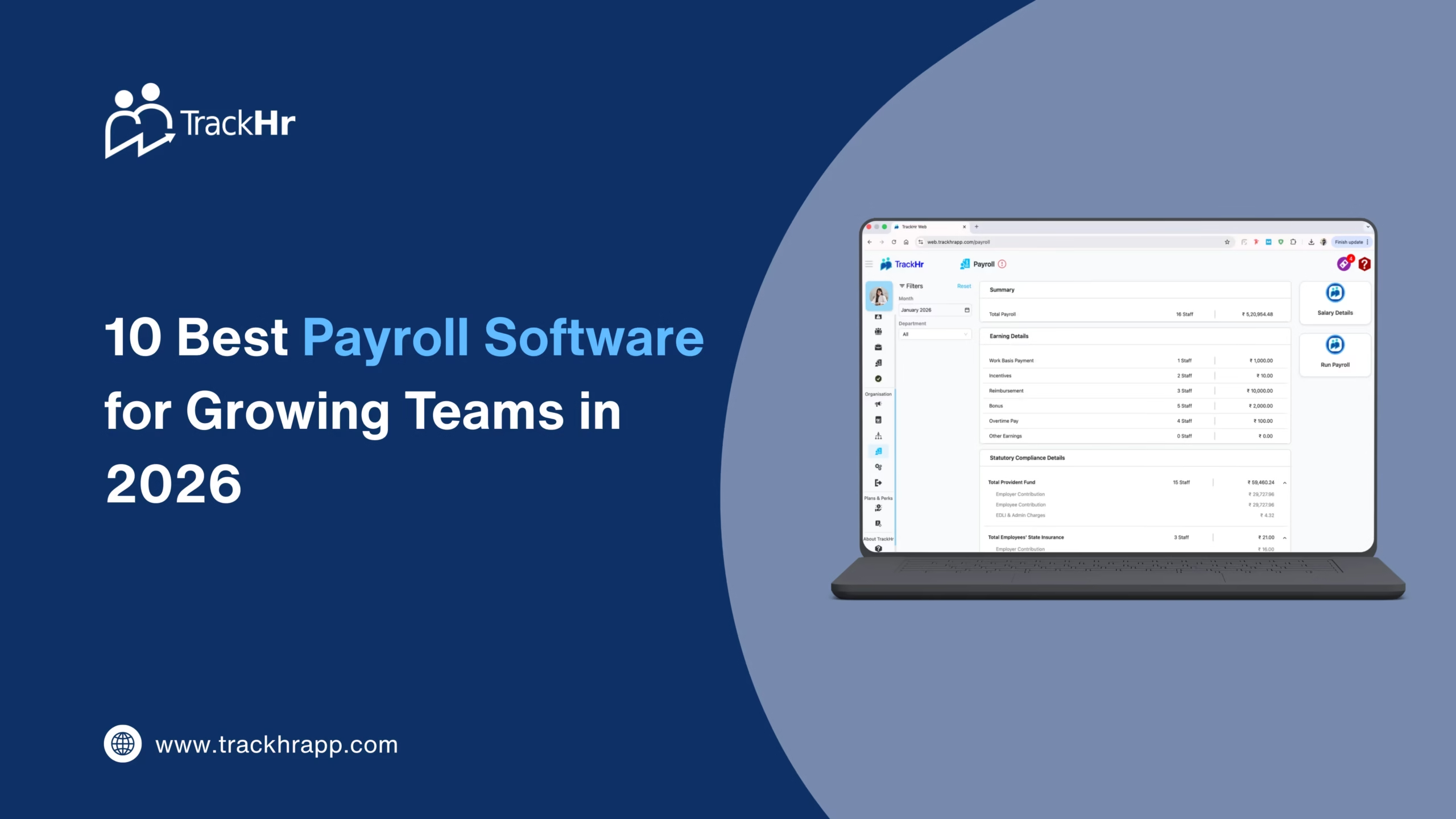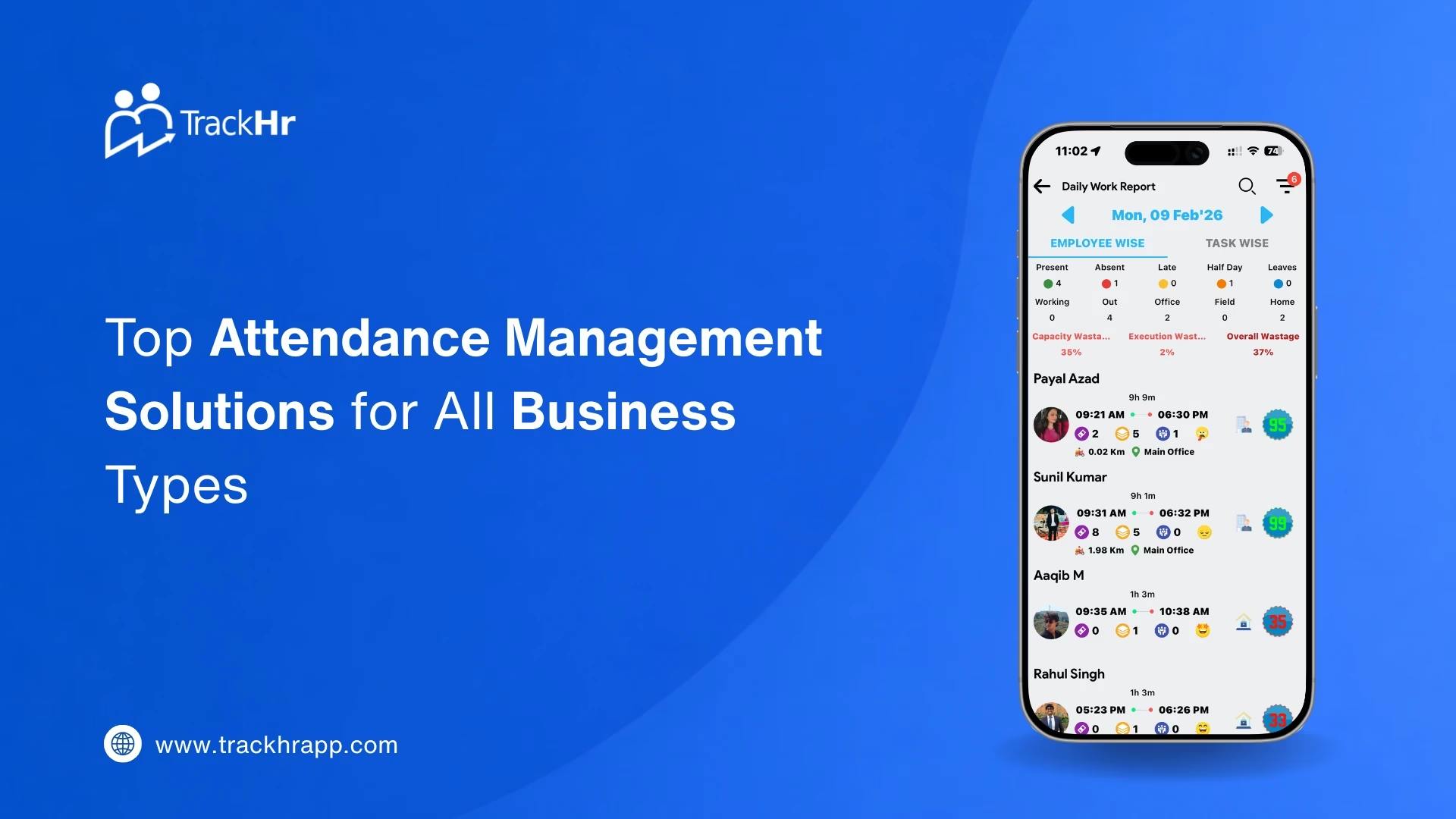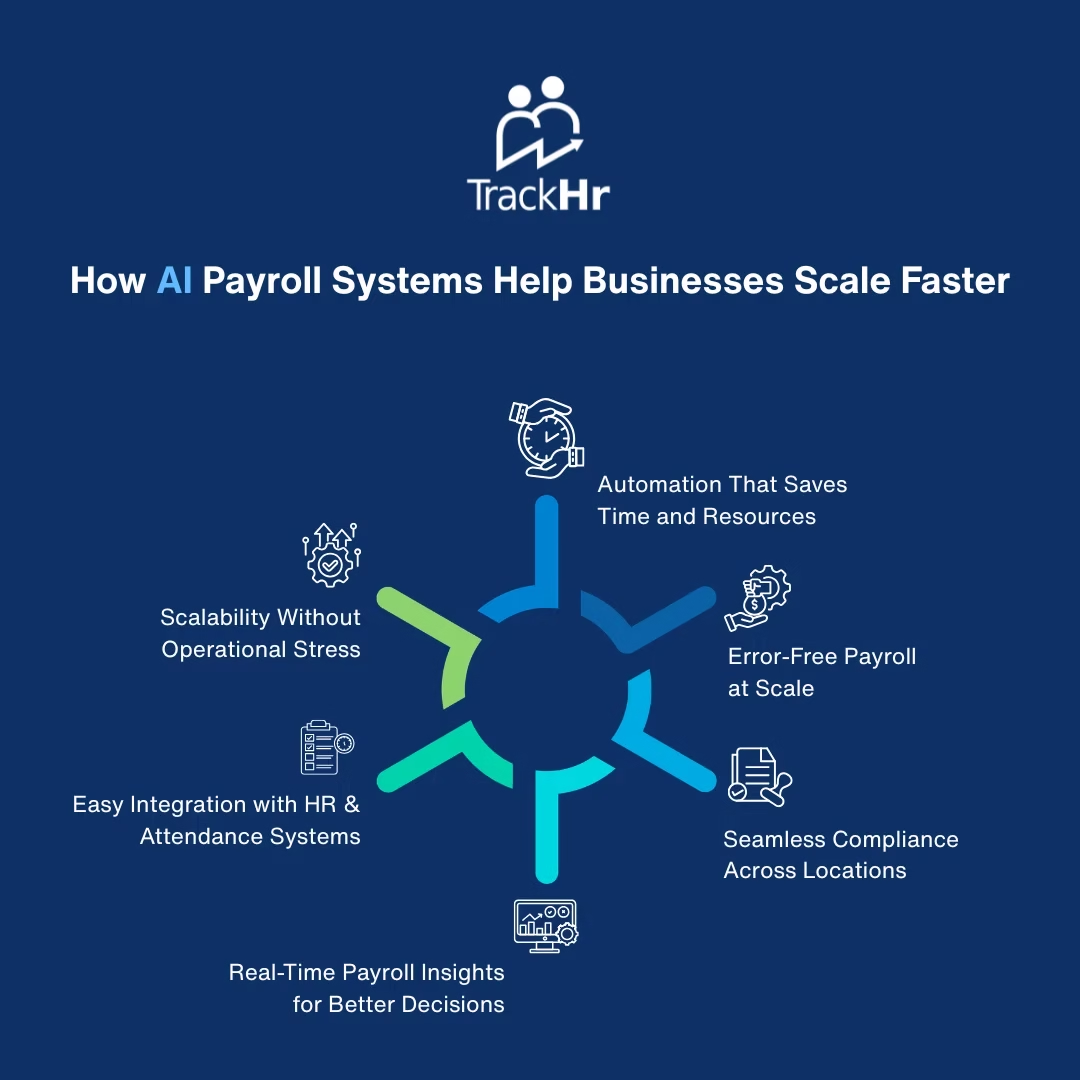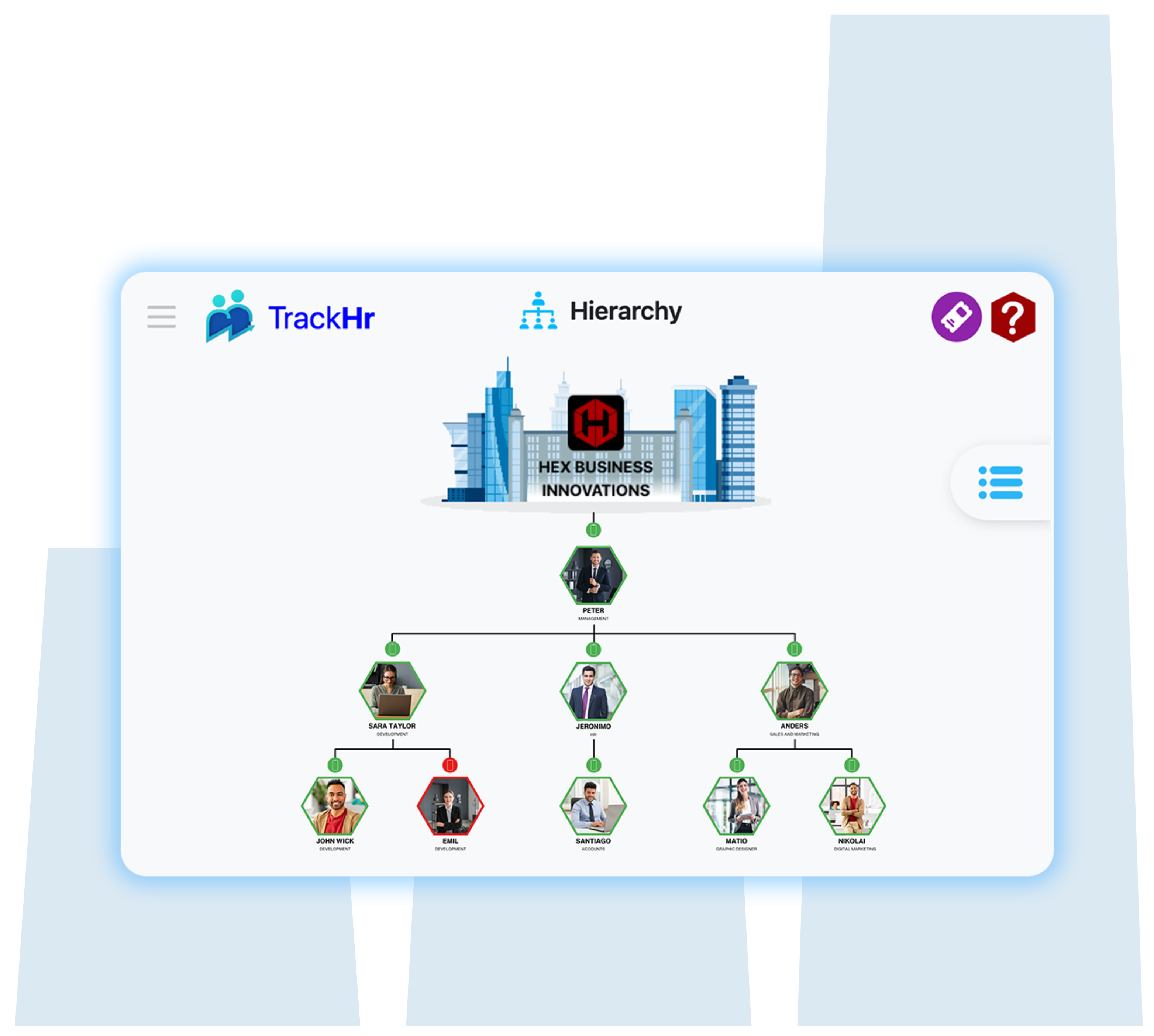Blog
The Role of Big Data in Performance Management
- April 22, 2025
- 6:08 am

In today’s data-driven world, big data is reshaping the way companies manage performance. Where traditional systems relied on occasional reviews and subjective assessments, big data enables organizations to track and improve performance through real-time, objective information. This article highlights how big data is playing a pivotal role in enhancing modern performance management systems and decision-making.
Understanding Big Data
Big data refers to extensive, diverse sets of information generated from sources like:
- Employee time logs and digital activity
- Feedback forms and surveys
- Communication platforms
- HR management systems
- Customer interaction tools
This data is defined by three main characteristics—Volume, Velocity, and Variety—indicating its size, processing speed, and diverse formats.
Ways Big Data Transforms Performance Management
1. Access to Real-Time Metrics
Using platforms like TrackHr, managers can monitor productivity, task progress, and system usage in real time. This enables immediate feedback and minimizes delays in addressing performance issues.
2. Goal Alignment Through Insightful Data
Big data helps teams set realistic objectives based on historical performance trends and industry benchmarks. Leaders can align personal goals with broader business targets more effectively.
3. Spotting Talent and Identifying Development Needs
Performance data makes it easier to recognize top performers and address skill gaps. Predictive analytics can forecast future leaders and training needs.
4. Creating Personalized Growth Plans
Custom development plans based on employee behavior and engagement data allow businesses to foster career growth and increase satisfaction.
5. Reducing Subjectivity in Performance Reviews
Objective data helps reduce personal bias in evaluations. By relying on metrics, promotions and feedback become more fair and transparent.
6. Improving Employee Engagement and Retention
Data insights reveal trends in employee satisfaction and turnover. With this knowledge, organizations can take proactive steps to retain talent and boost engagement.
Popular Tools That Leverage Big Data for Performance Insights
- TrackHr – Real-time analytics and employee productivity tracking
- Workday – Talent and workforce optimization
- SAP SuccessFactors – Comprehensive analytics for HR
- Culture Amp – Feedback and engagement tracking
Important Considerations
While beneficial, big data use requires careful planning:
- Ensure Privacy: Follow data protection regulations like GDPR
- Avoid Overload: Focus on critical KPIs and insights that support goals
- Analyze Thoughtfully: Interpret data with business context to avoid misleading conclusions
Final Thoughts
Big data has become essential in performance management, helping businesses drive smarter decisions, improve efficiency, and support employee development. When used responsibly, data-driven insights give organizations a powerful edge in workforce management and overall performance improvement.
Table of Contents
Exhausted from managing performance management manually?
